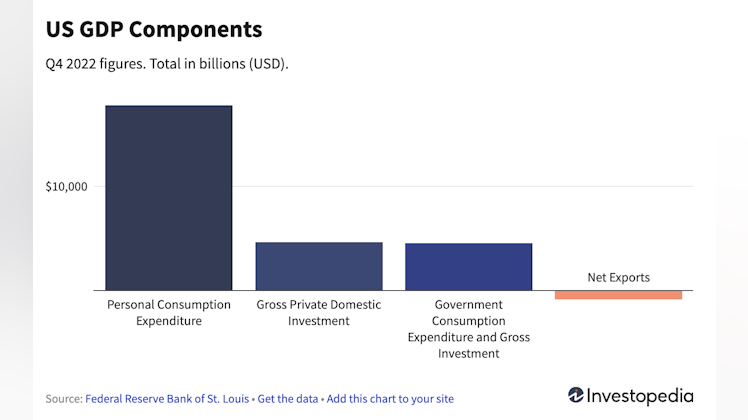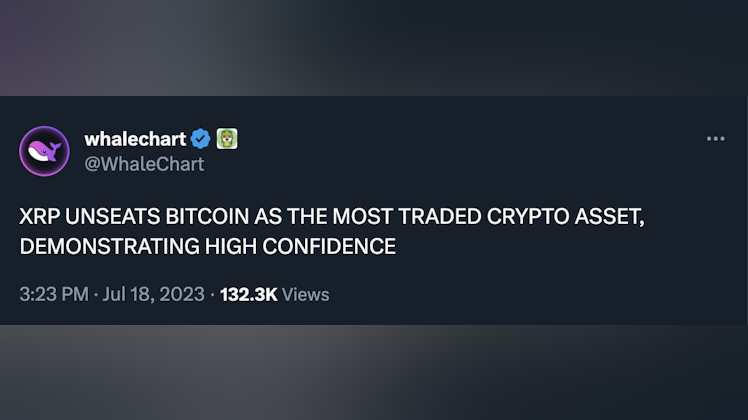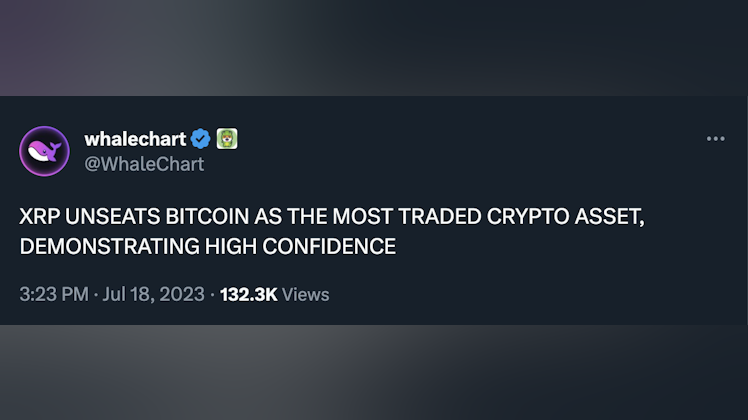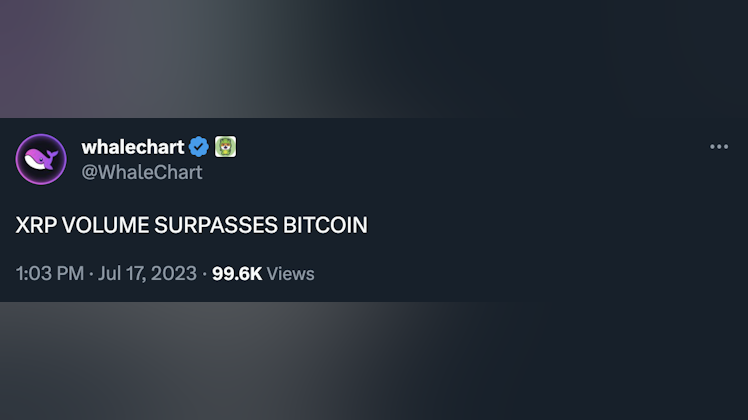Meta's launch of Ray-Ban Smart Glasses
"Today at Meta Connect, in partnership with EssilorLuxottica, we announced our next-generation Ray-Ban Meta smart glasses collection. We redesigned these from the ground up, improving all the core features of the first generation while adding new capabilities that have never been seen on a pair of smart glasses before. They start at $299 USD. Pre-orders are open now on meta.com and ray-ban.com, and the smart glasses will be available for purchase online and in retail stores starting October 17.*"
One thing that can absolutely be said about Mark Zuckerburg is that he NEVER gives up, and I deeply respect that, even though I may not necessarily agree with some of the things that he does/aligns with. With the recent announcement of the Ray-Ban Meta smart glasses collection, I really think he has something incredible that will vastly change the internet and a step in the metaverse direction that he promised when he made the executive decision to change Facebook's name to Meta in 2021. Not only did $META partner with an iconic brand like Ray-Ban, but the glasses only cost $299 which is fairly feasible given people are willing to pay over $1k for a new iPhone that might break not long after you buy it.
I genuinely believe that it might be surprising how fast this takes off, and I think the biggest contributor to this product's success is going to be the fact that people will be able to live-stream from them. Meta definitely needs to step its algorithm & interface up because TikTok's is truly elite, but it depends on whether they make a separate live-stream feed similar to TikTok, or at the very least enable TikTok users to utilize their smart glasses on the platform as well as on other services like Twitch & YouTube. Overall, this seems like a hugely positive signal for the future of Meta, and I'm sure that we'll soon see popular streamers rocking a pair of these and inspiring their viewers to do the same.
My prediction: this will be on every kid's wishlist come Christmastime!
Business Insider
Apple's new iPhone 15 is an underwhelming 'slap in the face,' say disappointed fans
Apple unveiled its new iPhone 15 models this week, and some fans say they lack innovation.
I love this post! You can hate a lot of what Mark does and you can disagree and say he runs one of the worst companies. You can say all that. But you can’t question is work ethic, commitment and drive. The company he’s built. Not many people could have pulled it off. And this new announcement I was way more impressed than what Apple brought to market. We are still so early in this metaverse race. But the more I think about it the more I back Mark. he is the one big tech ceo i genuinely want to meet one day





